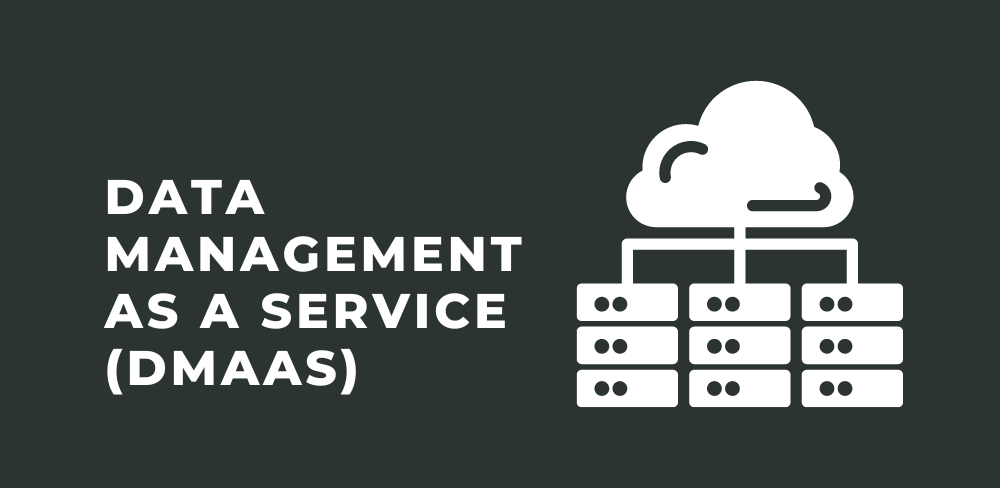Data Management as a Service (DMaaS) is a cloud-based service model that allows organizations to efficiently and securely manage their data assets without needing on-premise infrastructure or extensive in-house expertise. These platforms typically offer data integration, storage, processing, analytics governance, and security, all as subscription-based offerings.
Key features and components of DMaaS include:
Data Integration: Data MaaS platforms facilitate collecting, aggregating, and merging information from multiple sources – be they structured or unstructured data stored in databases, applications, or the cloud. Many DMaaS providers also provide data ingestion, transformation, and normalization tools to maintain consistency and quality across data.
Data Storage: Data storage providers specializing in DMaaS offer flexible and secure cloud-based data storage technologies such as object or distributed file systems that allow organizations to effectively store large volumes of data at competitive costs while maintaining high availability and data durability.
Data Processing and Analytics: DMaaS platforms often come equipped with capabilities for data processing and analytics, enabling organizations to gain insight from their data through techniques like querying, data visualization, machine learning, predictive analytics, and predictive maintenance. These capabilities may be integrated analytics tools or support for popular frameworks like Apache Spark or Hadoop.
Data Governance and Compliance: DMaaS solutions assist organizations in enforcing data governance policies and complying with regulatory requirements such as GDPR, HIPAA, or PCI-DSS. Their features, such as data lineage management, metadata administration, access control management, encryption protection, and audit logs, ensure data is secure throughout its lifecycle and regulatory requirements are met.
Data Security: DMaaS platforms implement robust data protection measures to guard sensitive data against unauthorized access, breaches, and cyber threats. These include rest and transit encryption, identity and access management (IAM), threat detection capabilities, and data loss prevention (DLP) measures.
Scalability and Flexibility: Data management as a service solution (DMaaS) is built to dynamically adapt to changing organizational needs, helping organizations effectively handle growing data volumes, user requests, workloads, and workloads efficiently. They offer flexible pricing models based on usage metrics such as storage capacity, data processing throughput speed, or user count.
Ease of Use and Management: Data management as a service (DMaaS) platforms aim to simplify data management tasks for organizations by offering intuitive user interfaces, self-service tools, and automation capabilities that reduce complexity and overhead associated with traditional on-premise solutions, freeing them up from infrastructure management while still extracting value from their data.
Conclusion
Data Management as a Service (DMaaS) represents an innovative solution for modern data management. By offering comprehensive functionalities as cloud services, DMaaS providers enable organizations to efficiently and effectively manage their assets without being limited by on-premise infrastructure or requiring extensive in-house expertise.
Scalability and flexibility inherent to DMaaS solutions allow organizations to quickly adapt to fluctuating data needs and workloads, providing them with the resources necessary for innovation in an ever-evolving digital environment. Equipped with self-service tools, intuitive interfaces, and automation features, DMaaS streamlines data management tasks so organizations can focus on extracting insights from their data that drive business value for them instead of performing data management duties themselves.
DMaaS platforms prioritize security and compliance by employing stringent encryption, access controls, and audit logging features to protect sensitive data from unwarranted access and cyber-attacks. This helps organizations adhere to regulations while building relationships with customers and stakeholders.
As businesses recognize the strategic significance of data and seek ways to harness its full potential, DMaaS will become increasingly essential in helping organizations unlock the value of their assets, drive innovation, and meet business objectives. It provides organizations with the scalability, flexibility, and agility necessary for survival in an increasingly competitive landscape.






